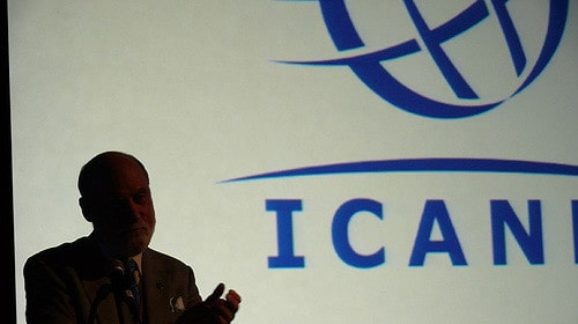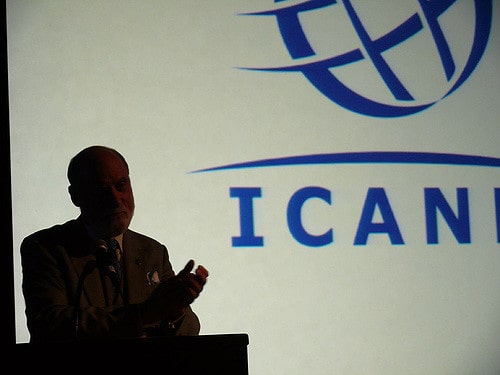Senators Examine Internet Naming Authority

 This morning, the Senate Judiciary Committee’s Subcommittee on Oversight, Agency Action, Federal Rights and Federal Courts will hold a hearing entitled “Protecting Internet Freedom: Implications of Ending U.S. Oversight of the Internet.” The hearing will examine the ongoing process to transfer control of the Internet’s domain name system from the Department of Commerce’s National Telecommunications and Information Administration (NTIA) to the Internet Corporation for Assigned Names and Numbers (ICANN), a nonprofit organization. ICANN has run the domain name system since 1998 pursuant to a contract with NTIA—but once the so-called “IANA transition” happens, ICANN will “assume sole responsibility for the development of policy over the naming and numbering function of the Internet,” as Paul Rosenzweig puts it.
This morning, the Senate Judiciary Committee’s Subcommittee on Oversight, Agency Action, Federal Rights and Federal Courts will hold a hearing entitled “Protecting Internet Freedom: Implications of Ending U.S. Oversight of the Internet.” The hearing will examine the ongoing process to transfer control of the Internet’s domain name system from the Department of Commerce’s National Telecommunications and Information Administration (NTIA) to the Internet Corporation for Assigned Names and Numbers (ICANN), a nonprofit organization. ICANN has run the domain name system since 1998 pursuant to a contract with NTIA—but once the so-called “IANA transition” happens, ICANN will “assume sole responsibility for the development of policy over the naming and numbering function of the Internet,” as Paul Rosenzweig puts it.
Unsurprisingly, this transition has proven controversial. Although its backers include the Obama administration, many tech companies, and several civil liberties organizations, some prominent Republicans including Sen. Ted Cruz (R-TX) have harshly criticized the move as a giveaway to repressive nations like Russia and China. Within the free market community, views differ as to whether control of the Internet’s domain name system should be transferred to ICANN, with the Mercatus Center’s Eli Dourado supporting the move but former Attorney General Ed Meese opposing it. (For an in-depth discussion of who supports and opposes the transition, and why, check out this piece by Anne Hobson and Zach Graves.)
CEI’s work on the IANA transition has focused on the separation of powers concerns raised by the Obama administration’s ongoing efforts to move forward quickly with the transition. These efforts are problematic in two ways. First, Congress has explicitly denied NTIA the power to use its appropriations to “relinquish [its] responsibility … with respect to the Internet domain name system” in fiscal year 2016. If the NTIA proceeds nevertheless, it would almost certainly violate the Antideficiency Act, which forbids any government official from spending public funds without authorization from Congress—or accepting “voluntary services” to carry out government business. Second, the federal government’s control of the Internet’s domain name system arguably constitutes a form of government property, and as such, Congress—and only Congress—can authorize it to be transferred under the Constitution’s Property Clause.
For a more detailed discussion of these concerns, see this coalition letter that CEI joined last month along with TechFreedom and many other free market groups—in addition to several prominent individuals, such as Esther Dyson, ICANN’s first chairman. The letter urges congressional leadership to safeguard its constitutional prerogatives by suing the administration if it moves forward with the IANA transition without approval from Congress. Such a move would follow in the footsteps of the House of Representatives’ decision in July 2014 to vote to authorize the Speaker of the House to sue the Department of Health and Human Services for spending money on Obamacare cost-sharing subsidies in excess of Congressional appropriations. (The lawsuit is still pending in federal court.)
Whatever one thinks about the ultimate merits of the IANA transition, it’s crucial that the process comport with the Constitution—not only as a matter of upholding the rule of law, but also to ensure that the process is not thwarted by litigation. For now, therefore, the transition should not proceed until Congress is satisfied that the Internet will remain in good hands for years to come.